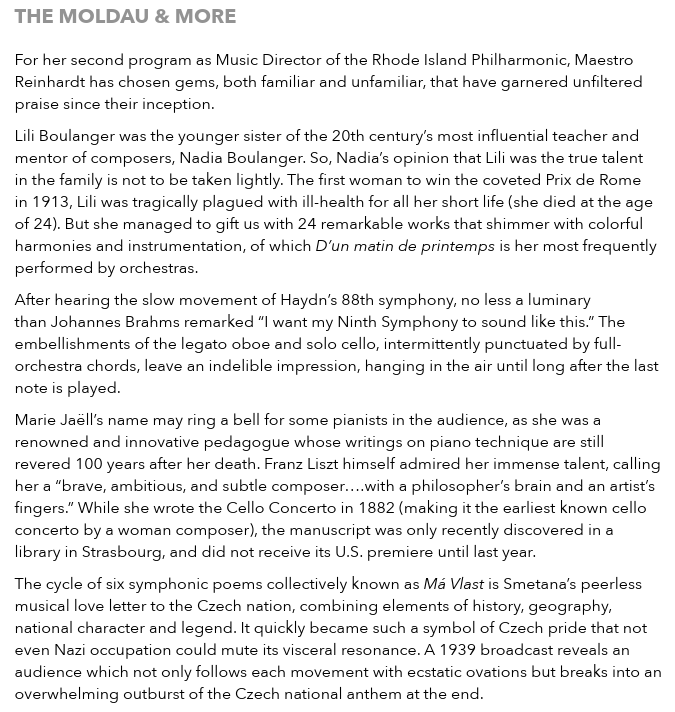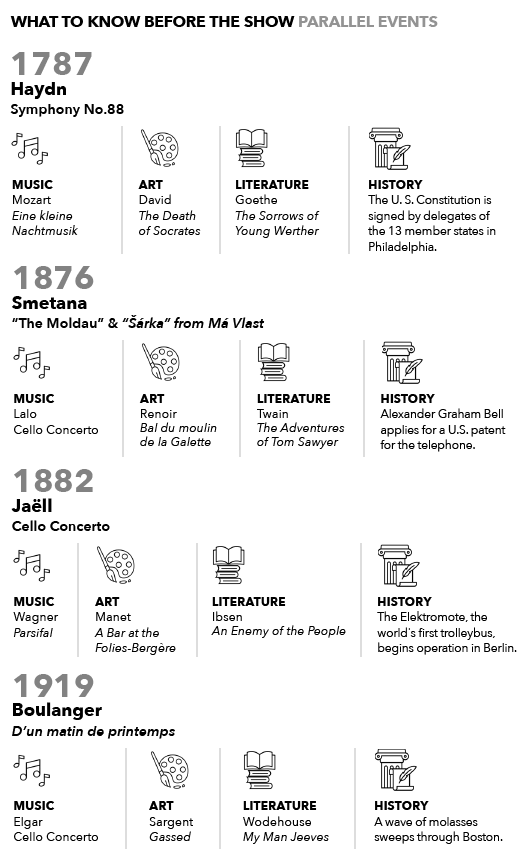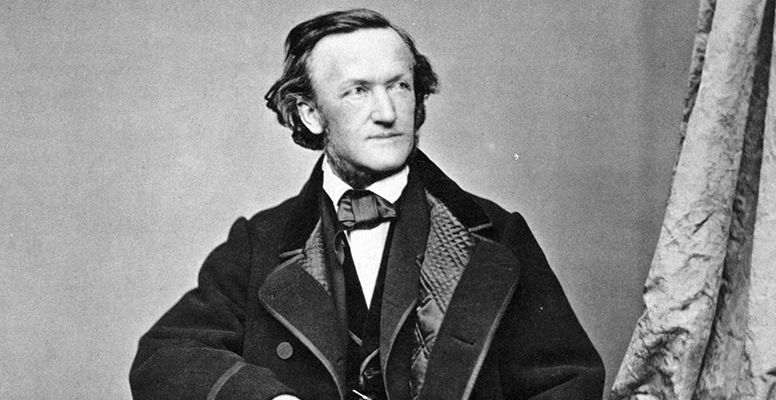THE STORY BEHIND: Boulanger's "D'un matin de printemps"
Share
On October 18, Music Director Ruth Reinhardt and the Rhode Island Philharmonic Orchestra will present THE MOLDAU & MORE with cellist Andrei Ioniță.



Title: D'un matin de printemps
Composer: Lili Boulanger (1893-1918)
Last time performed by the Rhode Island Philharmonic:
This is a RI Philharmonic Orchestra premiere. This piece is scored for piccolo, two flutes, two oboes, English horn, two clarinets, bass clarinet, two bassoons, contrabassoon, four horns, three trumpets, three trombones, tuba, percussion, harp, celesta and strings.
The Story: Though Lili Boulanger died in 1918 at the age of 24,” wrote musicologist David Noakes, “hers was a creative life of more than mere promise; it was a life, at least, of partial fulfillment.” Her older sister, Nadia found fulfillment as mentor to many of the 20th century’s greatest composers (Elliott Carter, Aaron Copland, Philip Glass, Roy Harris, Quincy Jones, and Astor Piazzolla, to name a scant few), and cemented a reputation during her long life as one of the most influential musical minds of the century. But Nadia herself was not much of a composer (“not bad, but useless” is how she described her own work). It was her sister, Lili, who had inherited that particular gene and, had she not died prematurely of Crohn’s Disease at the age of 24, would undoubtedly have left a mark every bit as important as her sister’s.
Tagging along at the age of five to sit in on her sister’s classes at the Paris Conservatoire, Lili managed to learn harp, piano, cello and violin with some of the city’s best teachers. But lingering health issues from a near-fatal attack of pneumonia when she was three, left her too weak to master any of those instruments, so she turned to composition. Her talent was clear to all, but chronic illness continued to prevent her from fulfilling her potential. Finally, at the age of 20, she became the first woman to win the prestigious Prix de Rome with her cantata
Faust et Hélène. Other awards and distinctions soon followed. But the trip to Rome itself took its toll on her fragile system, and she was unable to compose for at least a month after her arrival. Then, while visiting home for what was supposed to be a short break, World War I broke out, causing yet further obstacles.
Despite her early death and the debilitating state of her health, Lili Boulanger completed a substantial number of compositions in which she demonstrated a highly developed creative personality. “Lili Boulanger brought to music a keen and prodigiously human sensibility,” wrote one contemporary reviewer, “served in its expression by the full range of natural gifts, from grace, color, charm and subtlety to winged lyricism and obvious power, easy and profound. Such virtues, so rarely brought together for the benefit of one single creative temperament, are to be found in her works.”
The complementary works D’un matin de printemps
(“Of a Spring Morning”) and D’un soir triste
(“Of a Sad Evening”), of 1918, were the last scores Lili Boulanger wrote with her own hand, and both demonstrate a clear mastery of the new harmonic language of Impressionism. But unlike its somber companion piece,
D’un matin de printemps
invokes the bright and festive tones of a carefree spring morning. Arabesque-like melodies playfully twist and turn, revealing rhythmic surprises and poetic lyricism, until the harsh reality of time brings us to an abrupt conclusion with a final chord that seems to shimmer with the rays of the sun.
Program Notes by Jamie Allen © 2025 ALL RIGHTS RESERVED.
Recommended Recordings:
Lili Boulanger lived just 24 years, passing away in 1918. D'un matin de printemps was orchestrated in her final weeks. And yet her thin catalog is only now beginning to be appreciated. Recordings lag behind her resurgence. There are a couple on CD, however YouTube yields a trove of videos of this and other works from her tragically tiny output.
Tickets start at $25! Click HERE or call 401-248-7000 to purchase today!







